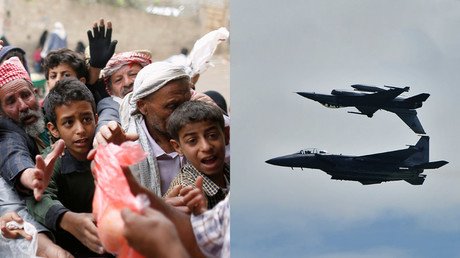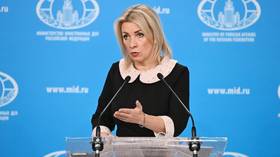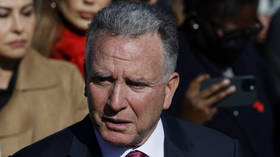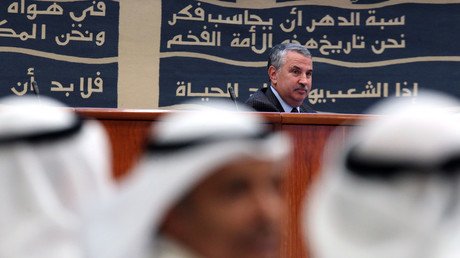Half of Yemeni population survives on foreign aid – UN
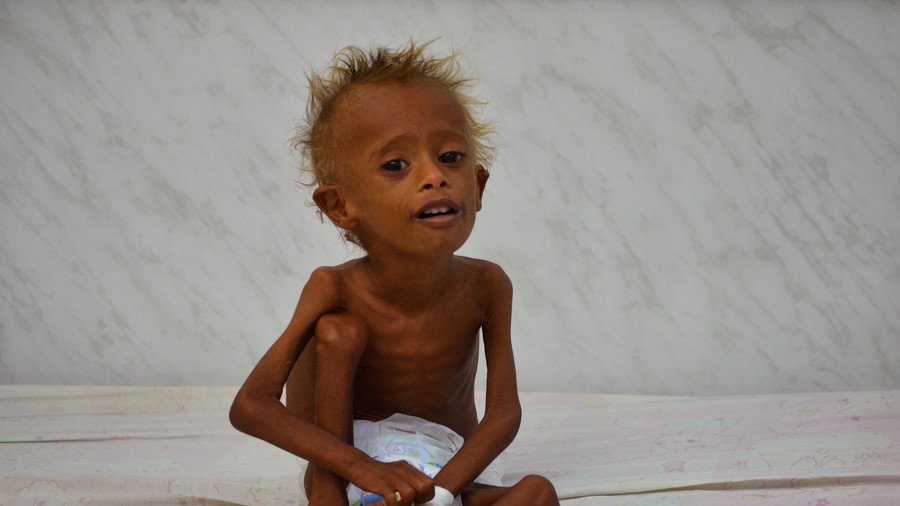
The famine threatening war-torn Yemen is even worse than previous estimates which already called it the worst humanitarian crisis in the world. The UN now estimates 14 million people are at risk.
UN Under Secretary General for Humanitarian Affairs Mark Lowcock called for a humanitarian ceasefire in areas essential to aid supply and infrastructure. Because of the deteriorating situation on the ground, he said, the UN has been forced to revise upward its estimates of 11 million Yemenis on the brink of starvation two weeks ago. Now, 14 million Yemenis face "pre-famine conditions," relying on food aid for their very survival.
Most of this aid – 80 percent – arrives through the port of Hodeidah. The Houthi-controlled city has been under siege by coalition forces led by Saudi Arabia since June. The Saudis have accused regional rival Iran of arming the Houthis through the port, though Iran denies the allegations.
UK-based NGO Save the Children claims nearly two-thirds (64.5 percent) of Yemenis "don't know when or if their next meal will come," warning that those who don't die of hunger are still at risk of succumbing to disease. Yemen is in the midst of the world's largest ever cholera outbreak, a situation exacerbated by what many believe to be deliberate targeting of hospitals by coalition forces.
Coalition forces, armed and trained by the US, have come under fire by the international community for raiding non-military targets like hospitals and wedding parties. In August, a Saudi airstrike blew up a school bus, killing 30 children. Still, repeated efforts by anti-war elements in Congress to pass legislation ending US support for the bloody conflict have failed.
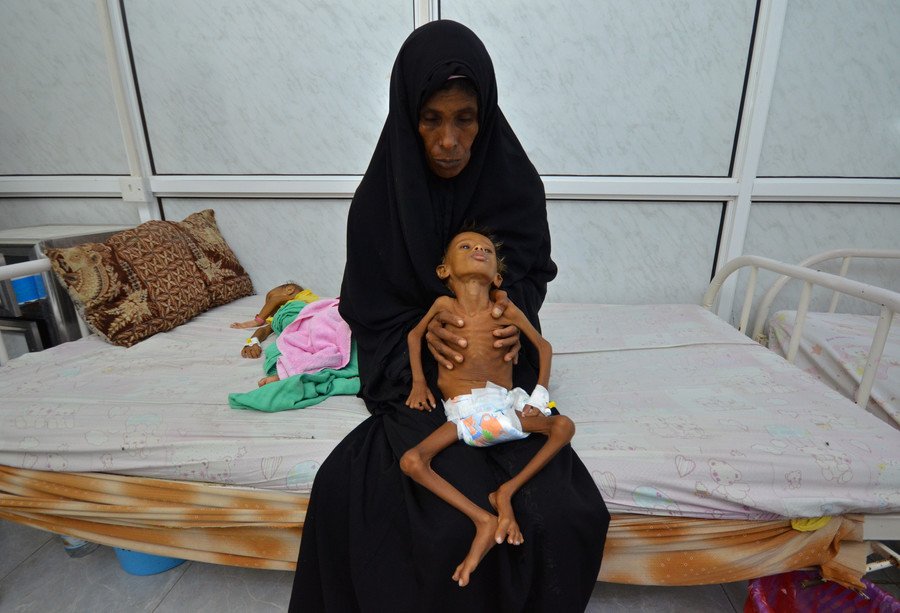
The proxy war in Yemen has dragged on since 2015, killing or injuring over 60,000 people in the poorest country in the Middle East. Food prices have increased 68 percent and the currency's value has depreciated 180 percent. More than 80 percent of the population now lives below the poverty line, and millions of Yemenis have been forced to leave their homes, including half a million in Hodeidah in recent days, according to UN reports.
Lowcock called for an increase of funding and support for aid operations, including an injection of foreign exchange into the economy, in addition to the cessation of hostilities surrounding the port and infrastructure areas.
